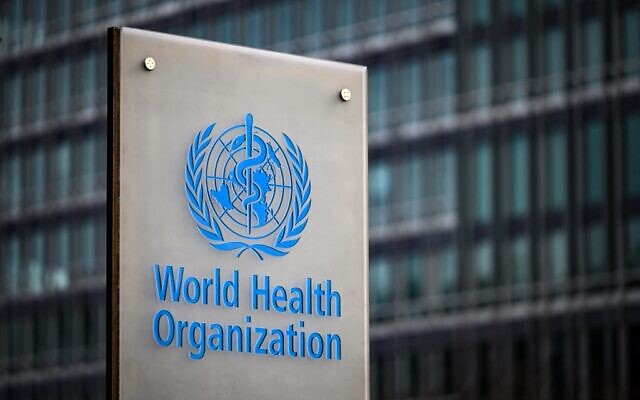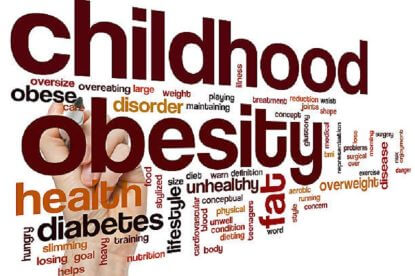B vitamins may protect against air pollution: study
Wed 15 Mar 2017, 11:08:14
Taking supplements of B vitamins may offer protection against the impact of air pollution on health, a new study claims.Researchers at Columbia University in the US found that B vitamins may play a critical role in reducing the impact of air pollution on the epigenome - compounds that can tell the genes what to do.
The study shows how individual-level prevention may be used to control the potential pathways underlying adverse effects of PM2.5, particles with an aerodynamic diameter of less than 2.5 micrometres.
These findings could have a significant public health benefit in regions of the world with frequent PM2.5 peaks, researchers said."The molecular foundations of air pollution's health effects are not fully understood, and the lack of individual-level preventative options represented a critical knowledge gap," said Andrea Baccarelli, professor at Columbia University's Mailman School of Public Health.
"Our study launches a line of research for developing preventive interventions to minimise the adverse effects of air pollution on potential mechanistic markers.
"Because of the central role of epigenetic modifications in mediating environmental effects, our findings could very possibly be extended to other toxicants and environmental diseases," said Baccarelli.The WHO estimates that 92 per cent of the world's population currently lives in places where air quality levels exceed the WHO limits of 10 micro-grammes per cubic
metre, researchers said.
metre, researchers said.
Ambient PM2.5 pollution is one of the most prominent air pollutants because they deposit in the respiratory tract resulting in both lung and systemic inflammation and stress.
While there has been substantial lowering of ambient PM2.5 achieved through large-scale emissions control policies over the past few decades, exposure peaks with adverse health consequences are still frequently recorded.
"The health effects of air pollution and how it plays a role in one's health raise many complex issues," said Jia Zhong, principal investigator of the study."Until we can attack the problem on an individual level we are a long way from fully tackling its challenges for the public's health," said Zhong.
The researchers administered one placebo or B-vitamin supplement (2.5 milligrammes of folic acid, 50 mg of vitamin B6, and one mg of vitamin B12) daily to each adult recruited for the trial.
To take part in the intervention, volunteers were required to be healthy non-smokers, 18 to 60 years old, who were not taking any medicines or vitamin supplements.
Plasma B vitamin measurements taken before and after placebo and supplementation showed that B-vitamin supplements significantly increased the median plasma concentrations of folic acid, vitamin B6 and vitamin B12.
The research was published in the journal PNAS.
No Comments For This Post, Be first to write a Comment.
Most viewed from Health
AIMIM News
Latest Urdu News
Most Viewed
May 26, 2020
Is it right to exclude Bangladesh from the T20 World Cup?
Latest Videos View All
Like Us
Home
About Us
Advertise With Us
All Polls
Epaper Archives
Privacy Policy
Contact Us
Download Etemaad App
© 2026 Etemaad Daily News, All Rights Reserved.



























.jpg)
.jpg)
.jpg)


